娘が中学に上がってからお昼がお弁当になったので、毎朝仕事に行く前にお弁当作りをしている妻に頭が下がる思いです。
娘の健康を考え、冷凍食品は使わず、またバラエティを持たすために毎日違うおかずを作るのも大変な手間となります。
ところで、私たち夫婦はオーストラリアのシドニーで生活していたことがあるのですが、向こうのランチは、学校でも職場でも1年を通して全く同じランチボックスを持ってくる人が多かったことを記憶しています。
そもそも、ランチボックスと言うのも憚るくらい質素で、その中には、食パンに、ハム、チーズ、そして林檎が1個丸ごと入っているような代物で、それを毎日食べているのです。
最初はこれで飽きないのだろうかと思っていましたが、そのうち、アメリカや他の国も似たり寄ったりで、平日の学校や職場で昼食を楽しむというような考え方はなく、日本の方がグローバルスタンダードからかけ離れているのだと気がつきました。
それにしても、日本人の食に対するこだわりはどこから来ているのでしょうか。
ちなみに、先進国のエンゲル係数を見たとこと、想像通り、日本のエンゲル係数(家計支出に占める食費)の割合は28%近くあり、米国の15%や他の先進国よりも軒並み高い数字となっていました。
日本人が他の国と比べて食にお金を使っているのは、日本がグルメ天国であるということが影響していることは間違いないと思いますが、エンゲル係数が高くなっている原因の一つに、日本が相対的に貧乏になっていることも忘れてはいけません、
つまり、他の先進国では、この数十年で経済成長と共に労働者の給料が上がり続けているのに対して、日本人の給料はほぼ横ばい、場合によっては減っているという事実があるからです。
一方で、日本人の飽くなき食に対する欲望を満たすために、企業も必要以上に食を生産した結果、食品ロスが社会問題になっていることは、とても恥ずかしいことではないでしょうか。
娘のお弁当の話から、食品ロスの問題を語ることになってしまいましたが、娘の中学では給食も選択できるようにはなっているものの、クラスのほとんどの子がお弁当を持ってきていて、給食を頼んでいる子は2人くらいしかいないそうなのです。
共働きの家庭が多い中、親御さんもちょっと頑張りすぎではないでしょうか。
それとも周りの目が気になって、少しでも見栄えの良いお弁当ということになってしまうのでしょうか。
(English)
Since our daughter started junior high school, lunch has become a packed lunch, and I bow down to my wife who makes lunch every morning before she goes to work.
I don’t use frozen foods for my daughter’s health, and it is also a lot of work to make a different side dish every day to give her some variety.
By the way, my wife and I once lived in Sydney, Australia, and I remember that many people there brought the exact same lunch box to school and work throughout the year.
It was so simple that I hesitate to even call it a lunch box. It consisted of a piece of bread, ham, cheese, and a whole apple, and they ate it every day.
At first I wondered if I would ever get tired of it, but then I realized that America and other countries are similar, and that Japan is far from the global standard, as there is no such idea of enjoying lunch at school or at work on weekdays.
Still, where does the Japanese obsession with food come from?
As one might expect, Japan’s Engel’s coefficient (the ratio of food to household expenditures) is nearly 28%, which is higher than that of the U.S. (15%) and other developed countries across the board.
The fact that the Japanese spend more on food than other countries is no doubt due to the fact that Japan is a gourmet paradise, but we should not forget that one of the reasons for the high Engel’s coefficient is the relative poverty of Japan.
That is, while in other developed countries, workers’ salaries have continued to rise with economic growth over the past several decades, Japanese salaries have remained almost flat, and in some cases, have even decreased.
On the other hand, it is a shame that food loss has become a social problem as a result of companies also producing more food than necessary to satisfy the Japanese people’s insatiable appetite for food.
I have to talk about the food loss issue from my daughter’s lunch box. At her junior high school, although school lunch is an option, most of the children in her class bring their own lunch boxes, and only about two children order school lunch.
With many families working together, aren’t parents trying a little too hard? Or is it just that they are concerned about the eyes of those around them, and they have to make their lunches look as good as possible?

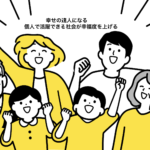

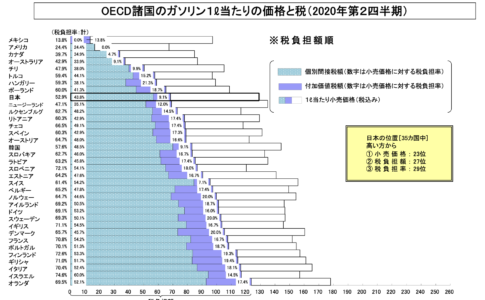




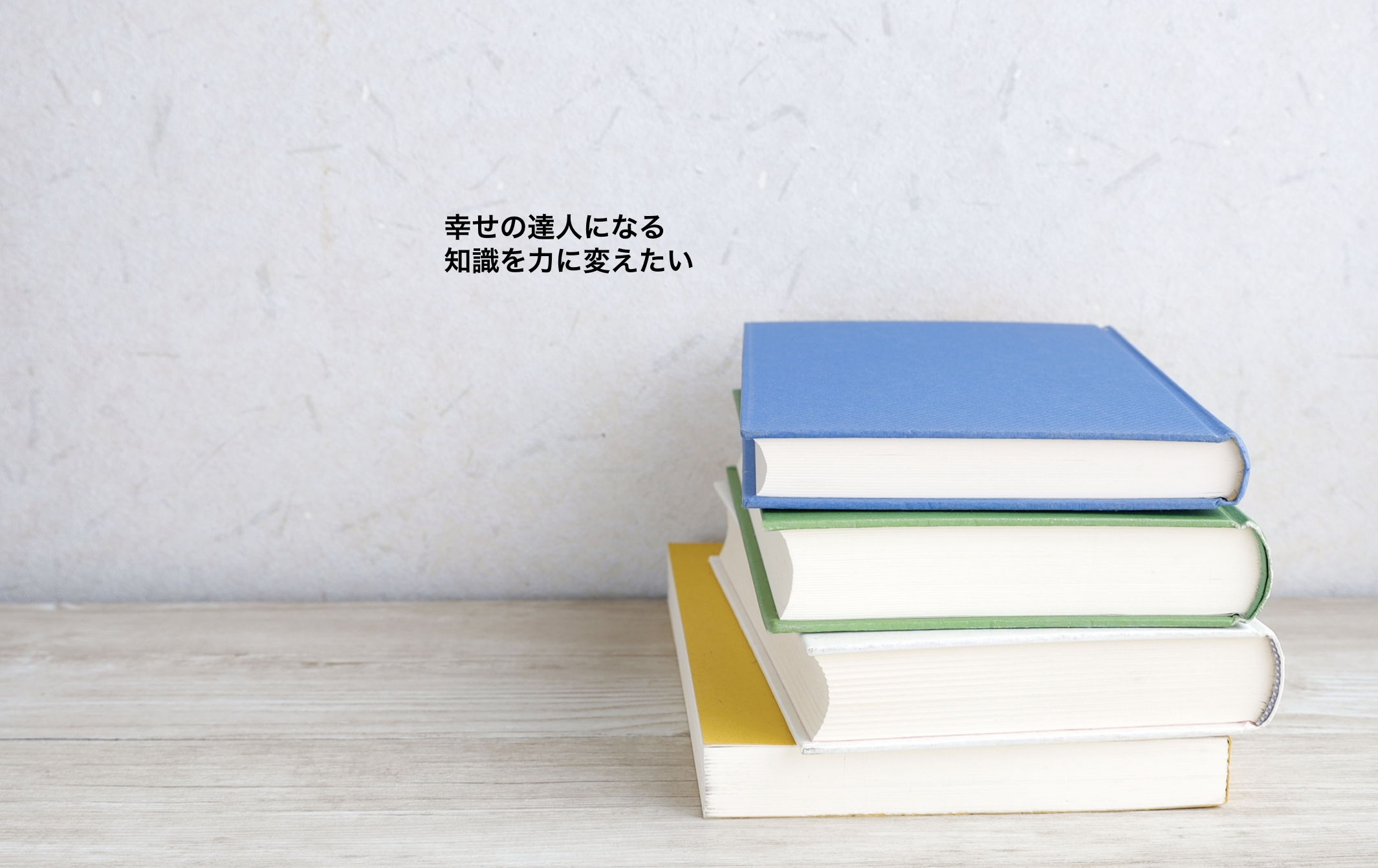
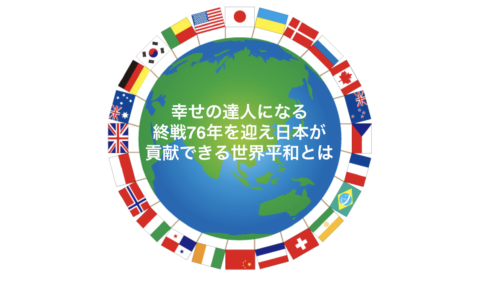
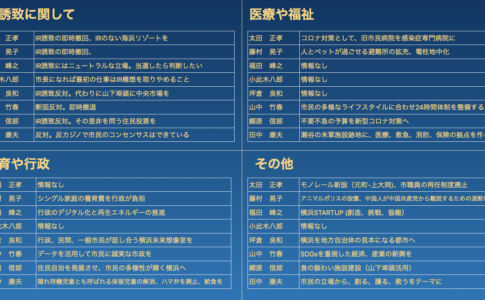

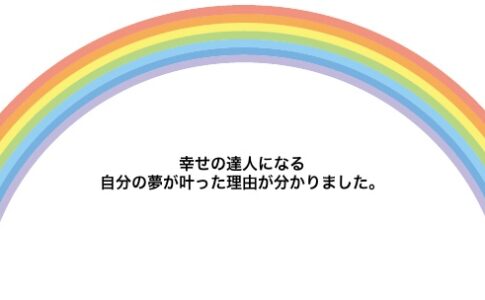



仕事前に毎朝、娘のお弁当を作る妻には頭が下がる思いですが、共働きの夫婦にとっては、お弁当を作るのもかなりの負担になりますね。海外のように毎日食パンとハムとりんごを持たせればランチはOKであれば良いのに。こんなところにも日本人の真面目さが出ているのでしょうか。